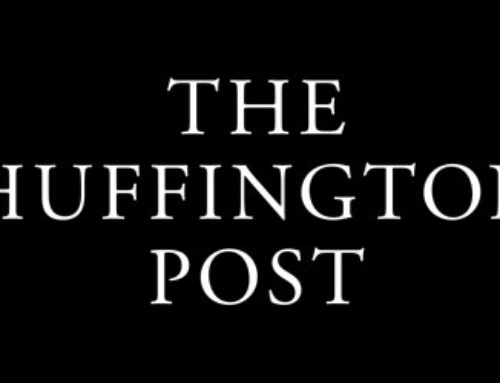For many people the world over, reinvention in the 21st Century is a matter of life or death. Adapt or die. It’s a real life game of survival of the fittest and the smartest. With “The Hunger Games,” movies franchise this powerful social idea has been taken to the box office, and moviegoers everywhere have responded in record numbers. The audience has spoken: these movies have a message that resonates. Unlike the old days when Luke Skywalker and Han Solo could merrily blast away at Storm troopers with no sign of it affecting them, Katniss Everdeen is the hero of the moment, and one who shows her emotions with every loss and hard won victory.
In “The Hunger Games: Catching Fire,” and in many other recent sci-fi and fantasy moves and books, the stakes have been raised, and our contemporary heroes show signs of trauma and PTSD, reflecting the deeply felt societal changes people have already endured in the 21st Century. Today’s celebrated heroines like Katniss Everdeen in “Catching Fire” and Beatrice Prior in the upcoming “Divergent” franchise present a more militant and aggressive version of reluctant heroes, as they adapt to being forced into personal reinvention and becoming leaders of social change. While both of these young women heroines have roots in second-wave feminism, they aren’t out to make a social statement – they’ve been forced to choose sides and join movements intent on overthrowing corrupt totalitarian regimes. The simple idealist days of a good vs. evil rebellion as portrayed in Star Wars, or led by a magical chosen one like Harry Potter are over. Just like in revolutionary times, these heroes do pay a heavy price for their rebellion. They lose friends and family members, and suffer from deep conflicts that mirror the deep divides in our culture, and cultures around the world. One hopes these tragic themes aren’t lost in the theatrical spectacle, buttery popcorn, and product placements.
For some films, violence is an essential part of the story, and the violence-condemning opinion piece by Sandra Lee Dixon on Fox News, calls out the new “Hunger Games” installment for being overly violent. Without a balancing viewpoint, such as people strive to find in America, we are left with more false controversy and a perspective on life and art that rings hollow at a time when hollow no longer sells. The fact is, whether novels and movies are aimed at an adult or young adult audience, when violence serves an important function in the story, educates its audience about the dangers of totalitarian governments, winner-take-all capitalism, and finely-tuned corporate-sponsored political misdirection, it isn’t remotely in the realm of violence for violence’s sake.
The last thing propaganda-driven media outlets or totalitarian regimes want is an educated public. In recent fiction, the reading public has shown itself to be fascinated by powerful heroines who by outside circumstances have been forced to take action, often violently. Readers have a hunger for strong women who are willing and ready to stand up and push back when they are pushed too far.
In some ways, the YA dystopian novels of the early 21st Century can be looked upon as narrative handbooks for navigating an uncertain and murky future. With any luck, the good fortune the Millennial Generation has from being the first generation to grow up with the world’s storehouse of information on their smartphones, will give them a greater perspective on what’s real and what’s not, what’s truthful and what’s not. They last thing the world needs right now is a docile public that only sees things in black and white.
Perhaps when the smoke clears and the battles for this new wave of freedom and expression are won, the next series of novels will present fun and complex and flawed leaders, who will show how one goes about reinventing peace, social justice and social reform, and co-existence as a way to solve the world’s most challenging problems. In the meantime, let’s take a moment of appreciation for the stories that have already been told. The fact is that weird dystopian science-fiction movies about reluctant youth overpowering corrupt governments may have been previously looked upon as box office poison, and are now best selling novels and multi-million dollar franchises. That’s progress, and by any definition, true social reinvention.




